51+ Sample Business and Marketing Plans
-
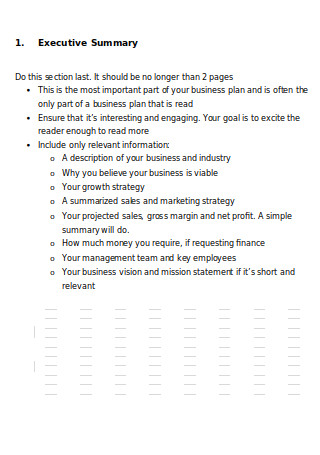
Simple Business Plan
download now -
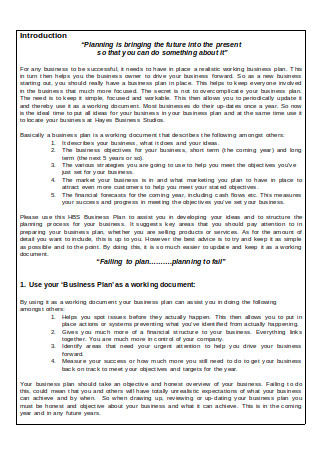
Sample Business Plan
download now -
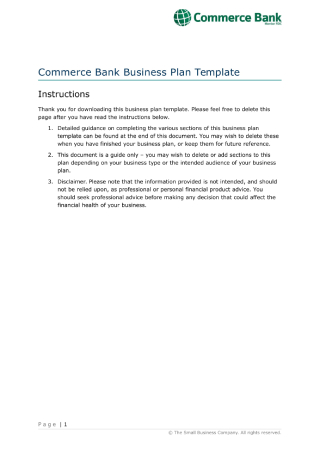
Commerce Bank Business Plan
download now -
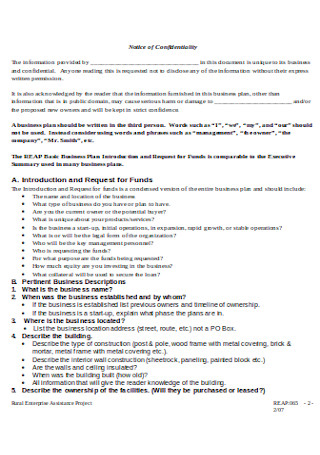
Basic Business Plan
download now -

Sample Business Plan Format
download now -
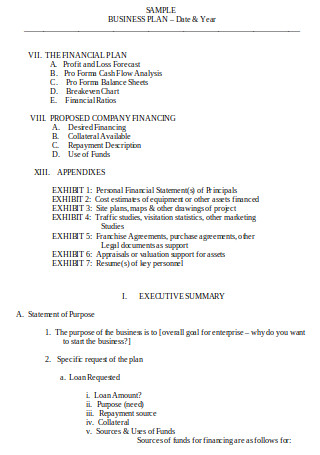
Sample Business Plan in Word
download now -
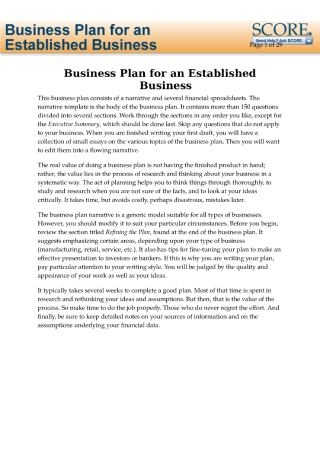
Business Plan for Established Business
download now -
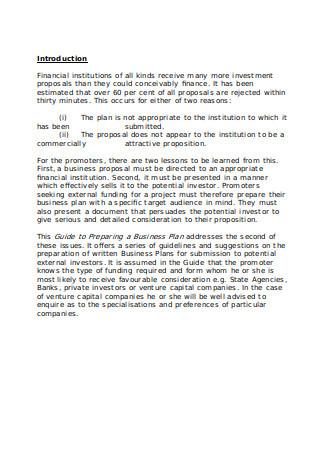
Sample Enterprise Business Plan
download now -
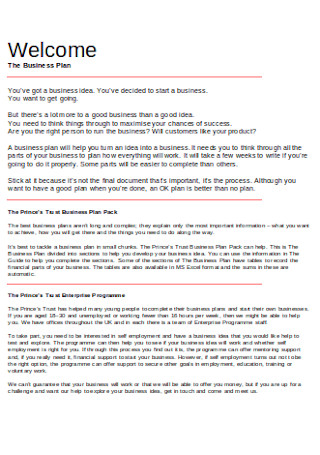
Formal Sample Business Plan
download now -
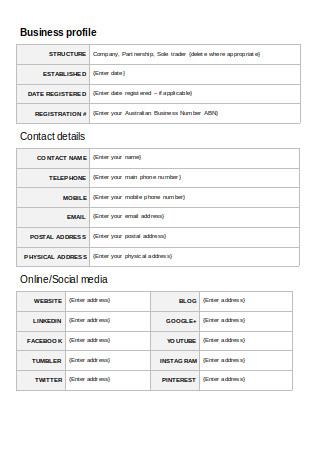
Partnership or Sole Trader Business Plan
download now -
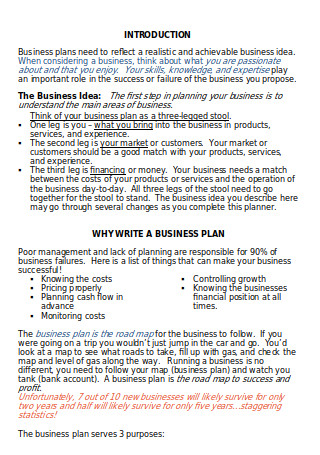
Business Plan Outline
download now -
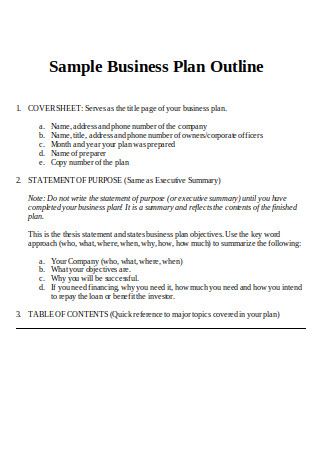
Sample Business Plan Outline
download now -
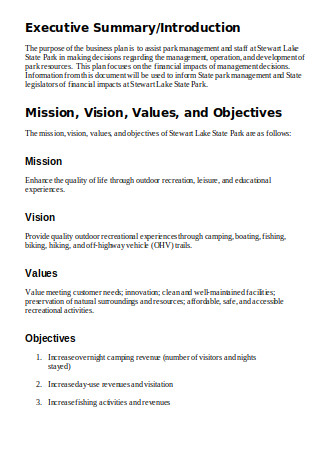
Printable Business Plan
download now -
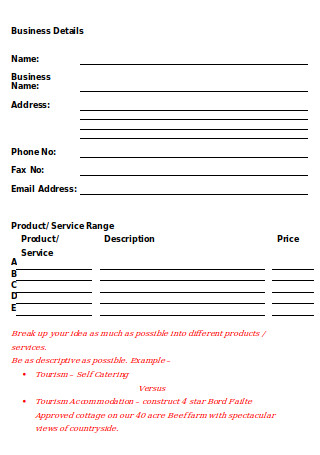
Sample Entrepreneur Plan
download now -

Auto Repair Business Plan
download now -
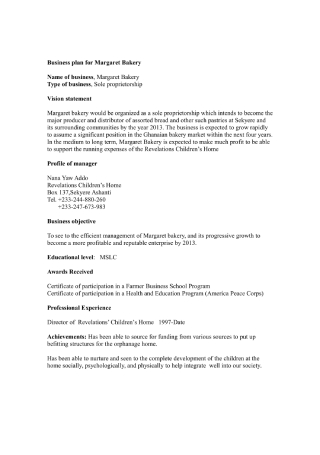
Bakery Business Plan
download now -
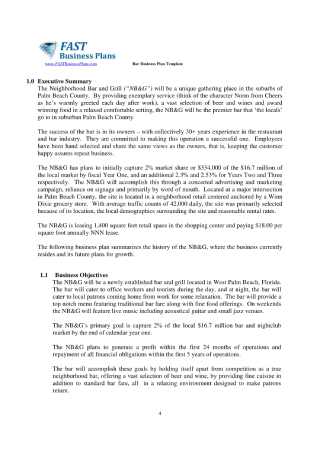
Bar Business Plan
download now -
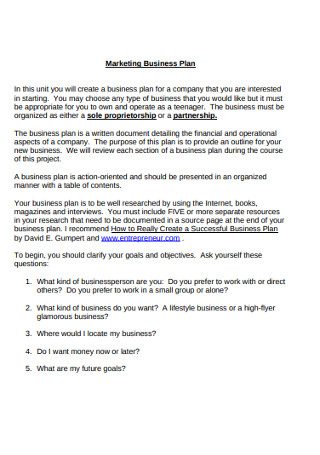
Sample Marketing Business Plan
download now -
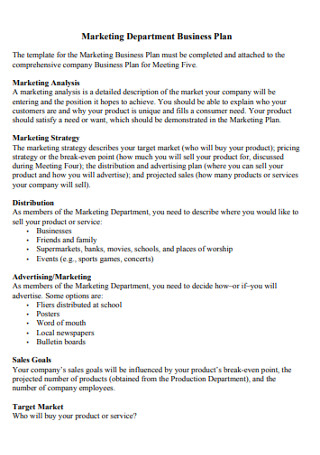
Marketing Department Business Plan
download now -

Fresh Bakery Business Plan
download now -
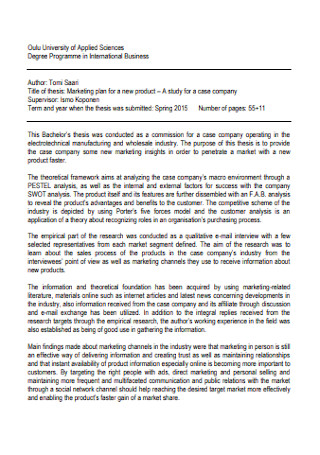
New Product Marketing Plan
download now -
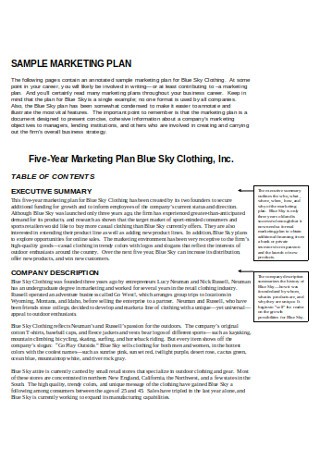
Five year Marketing Plan
download now -
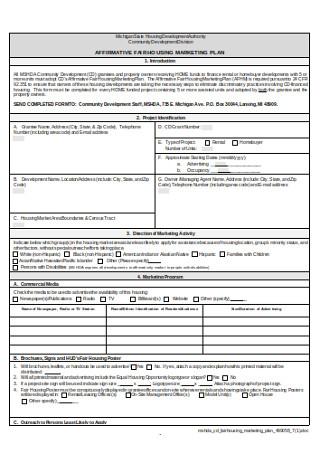
Affirmative Fair Housing Marketing Plan
download now -
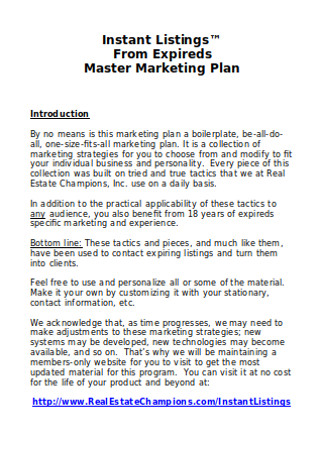
Master Marketing Plan
download now -
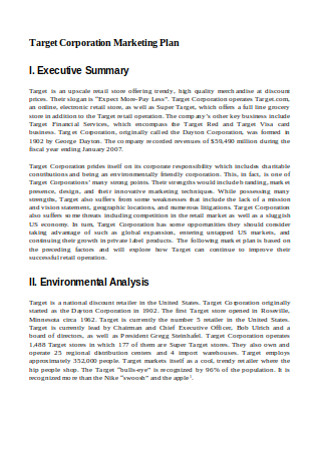
Target Corporation Marketing Plan
download now -
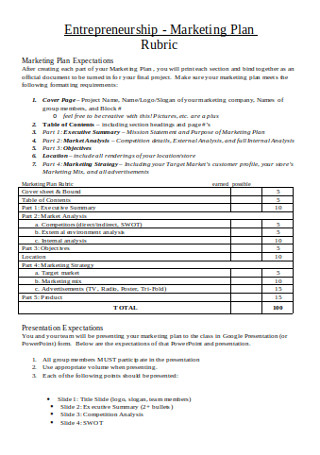
Entrepreneurship Marketing Plan
download now -
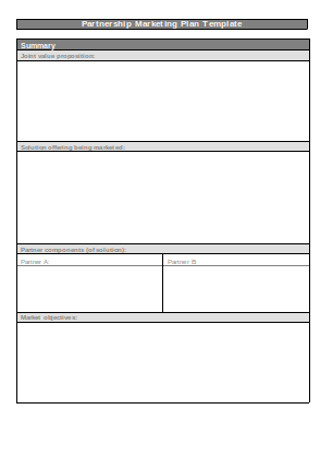
Partnership Marketing Plan Template
download now -
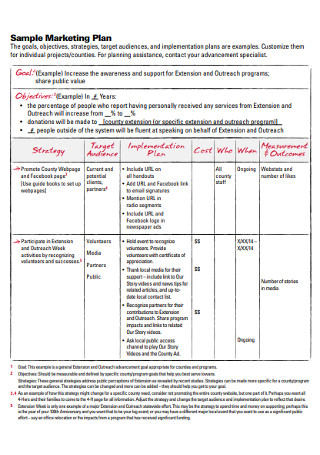
Sample Marketing Plan Example
download now -
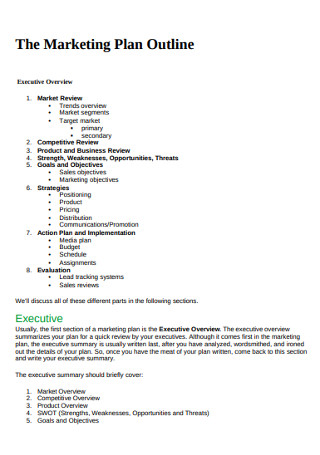
Marketing Plan Outline
download now -
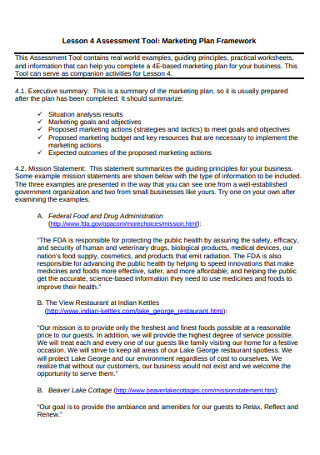
Marketing Plan Framework
download now -
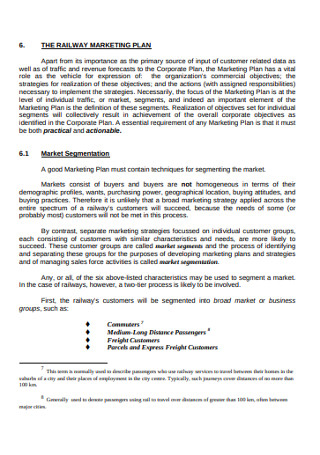
Railway Marketing Plan
download now -

Company Sales Marketing Plan
download now -
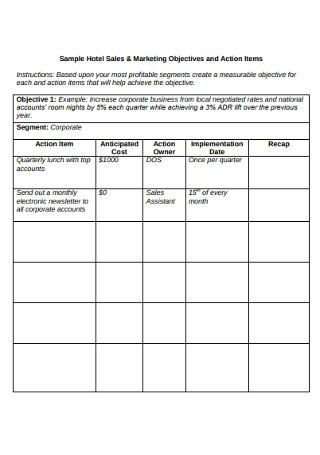
Sample Hotel Sales Marketing Plan
download now -
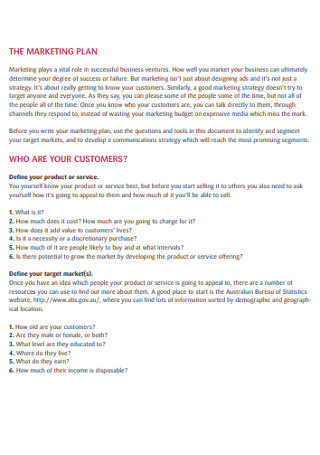
Business Sales and Marketing Plan
download now -
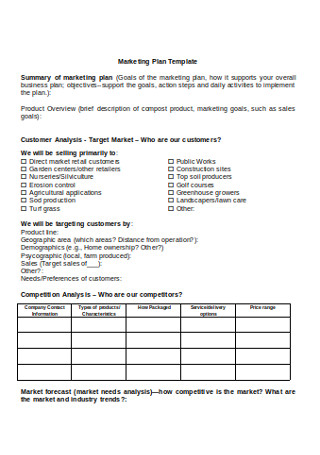
Monthly Marketing Plan Template
download now -
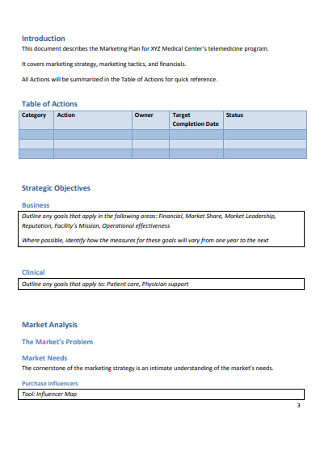
Medical Marketing Plan
download now -
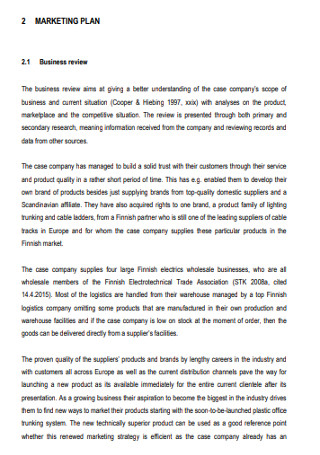
Marketing Plan for New Product
download now -

House Sales Marketing Plan
download now -
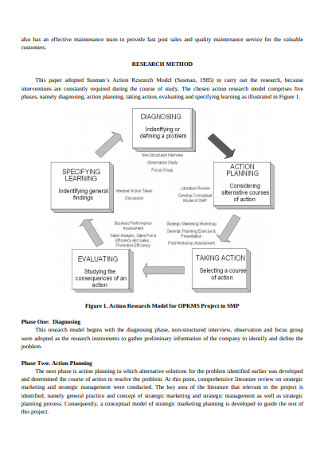
Strategic Marketing Research Plan
download now -
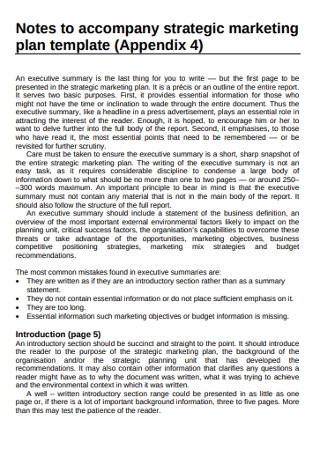
Company Strategic Marketing Research Plan
download now -
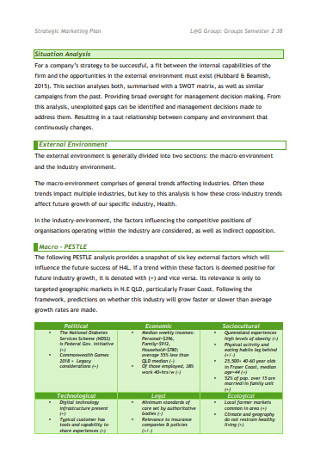
Business Strategic marketing Plan
download now -
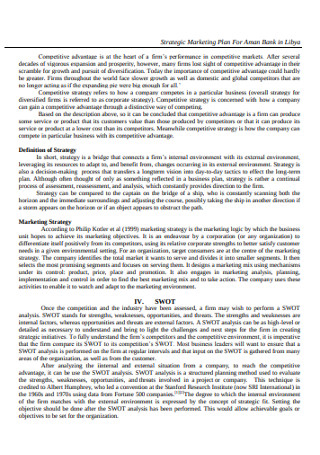
Bank Strategic Marketing Plan
download now -

Marketing Communication Plan
download now -
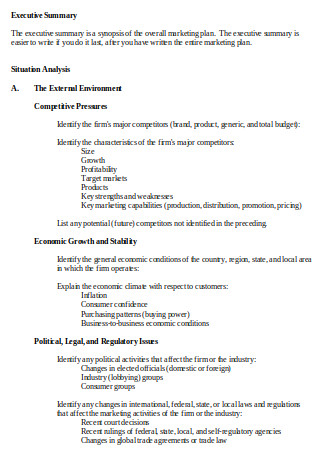
Marketing Plan Worksheet
download now -
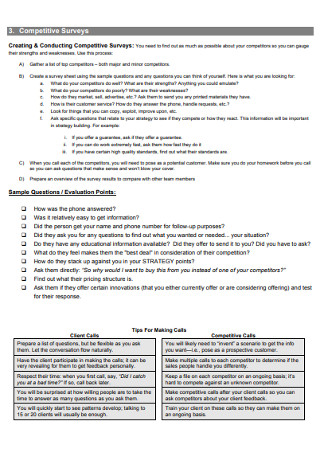
Marketing Survey Plan
download now -
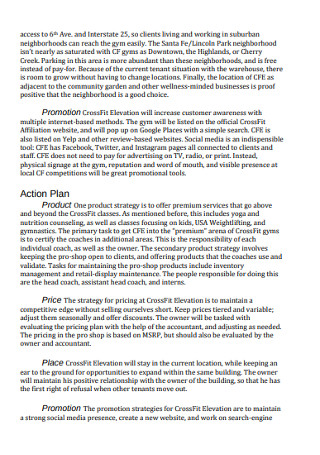
Marketing Action Plan
download now -
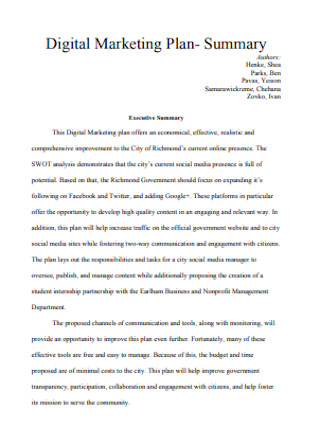
Digital Marketing Plan Example
download now -
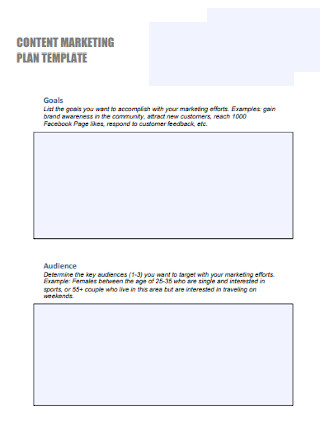
Content Marketing Plan Sample
download now -
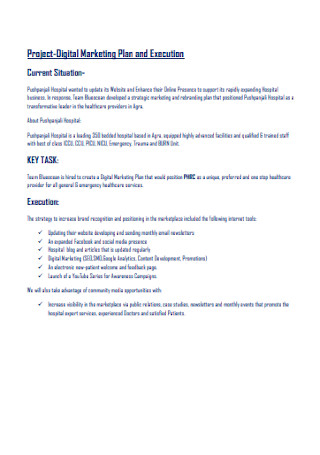
Digital Project Marketing Plan
download now -
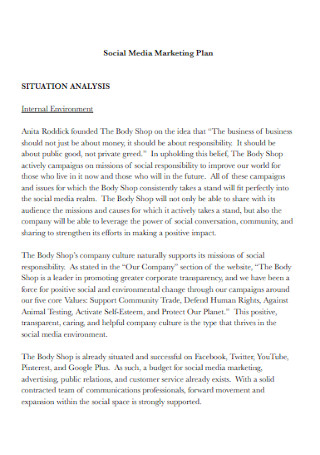
Social Media Marketing Plan
download now -
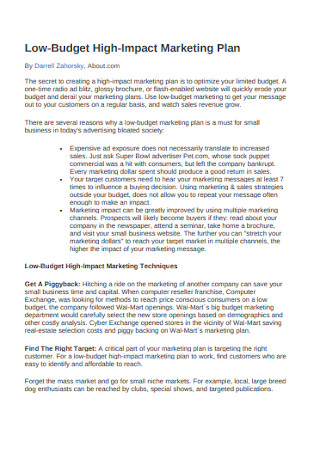
Marketing Low Budget Plan
download now -
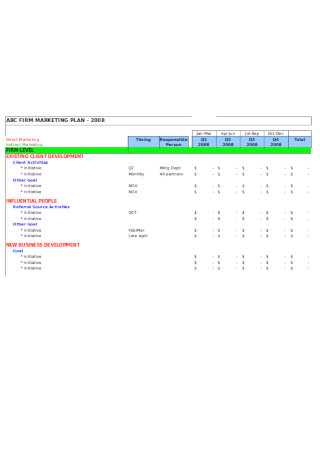
Printable Marketing Plan Example
download now
FREE Business and Marketing Plan s to Download
51+ Sample Business and Marketing Plans
What can Business and Marketing Plans Offer?
Parts of the Plan
Marketing Strategy Examples
How to Use Your Business and Marketing Plan
FAQs
Are business plans different from marketing plans?
How many pages should a business plan be?
What is the word count for business plans?
What is a marketing plan control?
What are the 4Ps of marketing strategy?
What can Business and Marketing Plans Offer?
Success was not an overnight story for Spotify. The company started as a small startup in Sweden in 2006 to combat rampant song piracy. By 2018, Spotify topped the charts as the world’s most popular music streaming platform, according to Interbrand. To be born when the market has a wide spectrum of desires and preferences, your business idea has to find a home in that sweet spot where its appeal sells. The company learned how to use such diversity in preferences and consumer behavior to keep users into the community. In other words, Spotify allowed itself to be the platform that connects music and listeners based on the listeners’ terms. First, there was an idea. Then, there was the 10/10 informed execution.
Business and marketing plans are about developing a strategy that fits your brand and its goals. You have to plan out how you can market your idea to the community. A marketing plan contains strategies based on your business’s SWOT analysis and market research. You need these assessment reports and research data because you need to understand your company and your market. With the information, you can calibrate your business decisions so that your brand appeals to the desired market. This way, you will know how to sell and who to sell your ideas to. You can refine business operations for efficiency and yield. Also, you can address your business’s vulnerability. Bear in mind that effective business and marketing plans will turn your idea into profit.

Parts of the Plan
The specific structure and format of a business and marketing plan can vary, depending on the industry that you are in. However, the framework remains similar. The following are the important things that you should include in your marketing plan.
Marketing Strategy Examples
When you decide to develop your marketing plan, you already identified a goal. Whether you want to boost sales, attract new customers, or launch a new product, you will have to devise a plan that will give you the specific result you want. Different problems call for different solutions. Some solutions have broader applications. But non-specificity can be detrimental to crucial business decisions like marketing campaign plans. For instance, targeted campaigns are more effective than their more general counterparts. This means that the responses you gain from your campaign depend on whom it is directed. You can look into several approaches that you can include in your business marketing plan and decide which will work best for your case. The key to your strategy is that it speaks to the demographic that is likely to respond.
Social Media Marketing
When your target customers are millennials, you should know by now how to reach them. The data from 2018 showed that around 90.4% of millennials use social media platforms. It is followed by 77.5% of Gen X and 48.2% of baby boomers. For businesses, the Internet is where it is at. When you know how to speak with the target audience through the platform, you can generate multiple leads. Many are convinced of the power of social media marketing to boost sales and brand image. Depending on the online language of your desired demographic profile, you may find your marketing team learning how to use heart-wrenching short clips, witty 280-character banter, or funny memes to forward your marketing message.
Youtube Video Tutorials
Although Youtube is a social media platform, Youtube video tutorials deserve its own paragraph. Of the different kinds of content uploaded on the platform, video tutorials are one of the most popular. More people chose to watch someone else demonstrate a task for them because it saves them the trouble of having to read through vague instructions online. You can bank on this preference for convenience. You can shoot useful step-by-step tutorials where the content of the video features the product or service that you are selling. For example, you are selling cooking ware. You can host a Youtube channel about easy-to-cook meals, which many people will find useful. With good quality content, you can promote your brand to a wider audience.
Content Marketing
Social media marketing is not for everybody, and that’s fine. Because attention is the commodity in social media platforms, lengthier content doesn’t always shine there. And some people favor richer and deeper content that cannot be contained in three-minute videos or 280-character tweets. This is the niche for content marketing. Blogs, podcasts, and websites offer this specific group of consumers what they want. One of the advantages of content marketing is that it converts its visitors into customers, which will then cultivate its customers into patrons. Although it can be challenging to sustain these media under content marketing, this marketing strategy is sustainable for your business.
How to Use Your Business and Marketing Plan
No master key unlocks all the doors to long-term business success. What worked for one company may not induce the same results for your business. There are external factors at play as well. What inspirational stories, expert tips, and veteran advice can offer are just pieces of your success puzzle. It is up to you to make the picture whole. Business success is influenced by how you use your business and marketing plans to achieve your goals.
Step 1: Pay Attention to the Market
We pay third-party data companies to tell us what people want. However, we can obtain certain information by just listening to customers and the market. We can start by focusing on our desired demographic profile. We listen to what they want and need that the competitors failed to provide. The key is to understand our target market well. We can also choose to expand to other profiles. Nevertheless, we have to strike a balance between nurturing patrons and not alienating the newer community members.
Step 2: Create Relevant Marketing Message
A relevant marketing message speaks to the hearts of the consumers. The content enables organic engagement between the brand and the target market. But relevance shouldn’t just be limited to how resounding and relatable our message is to the customers. It also means that our brand identity is visible in what we are trying to communicate. Also, our marketing plans should reflect how we want our customers to see us. It follows then that the marketing strategies we use get that message across.
Step 3: Choose Proper Channels
After you have identified your key demographic, research on how you can reach out to them—there may be platforms and channels that house your target customer profile. Don’t use Facebook just because it is the most popular social media platform. Your beauty products might do better on a visual-centric channel such as Instagram. Always do your research first before deciding on which channel you will allocate most of your marketing resources. Make sure that the platform aligns with your target demographic.
Step 4: Monitor the Results
Determine the actual influence of your business and marketing plan on your business’s financial situation. This will help you evaluate the project and use it as a basis for your next plans. You can see what worked and what didn’t. Moreover, you can refine your future marketing plans based on the results of the previous endeavors. You could build on promising leads and innovate on pioneering work.
FAQs
Are business plans different from marketing plans?
Yes. Business plans outline the nature, objectives, and operations of the business. The plan shows a period or schedule within which the objectives should be met. On the other hand, marketing plans state how the same business can utilize its resources to achieve the objectives.
How many pages should a business plan be?
There is no correct or wrong answer to this. Business counselors would recommend the range between 30 to 50 pages. However, it depends on you and your business. Some people can create good business plans with even less number of pages. It is the content that counts, not how thick or thin your plan is.
What is the word count for business plans?
Aside from the page number, entrepreneurs also wonder about the magic number for the word count. Some would say that you are safe within the range of 4,000-5,000 words. But like the number of pages, it is down to the content, business type, and preference.
What is a marketing plan control?
Marketing plan controls are indicators of how the plan follows the projections. It measures how well the plan performed against the expectations or a standard. You can evaluate the success of the plan by analyzing its controls. Examples of controls are customer feedback, budget, and sales.
What are the 4Ps of marketing strategy?
Product, Price, Place, and Promotion. These components help develop a good marketing strategy for the company.
Innovations and industry game-changers start from an idea that strategies, plans, and informed decisions brought to life. Plans help a business maintain its sight on its goals and decide accordingly. An effective business and marketing plan is clear in the direction that it will steer the business towards. In the end, everything should funnel towards the business’s missions and objectives.
